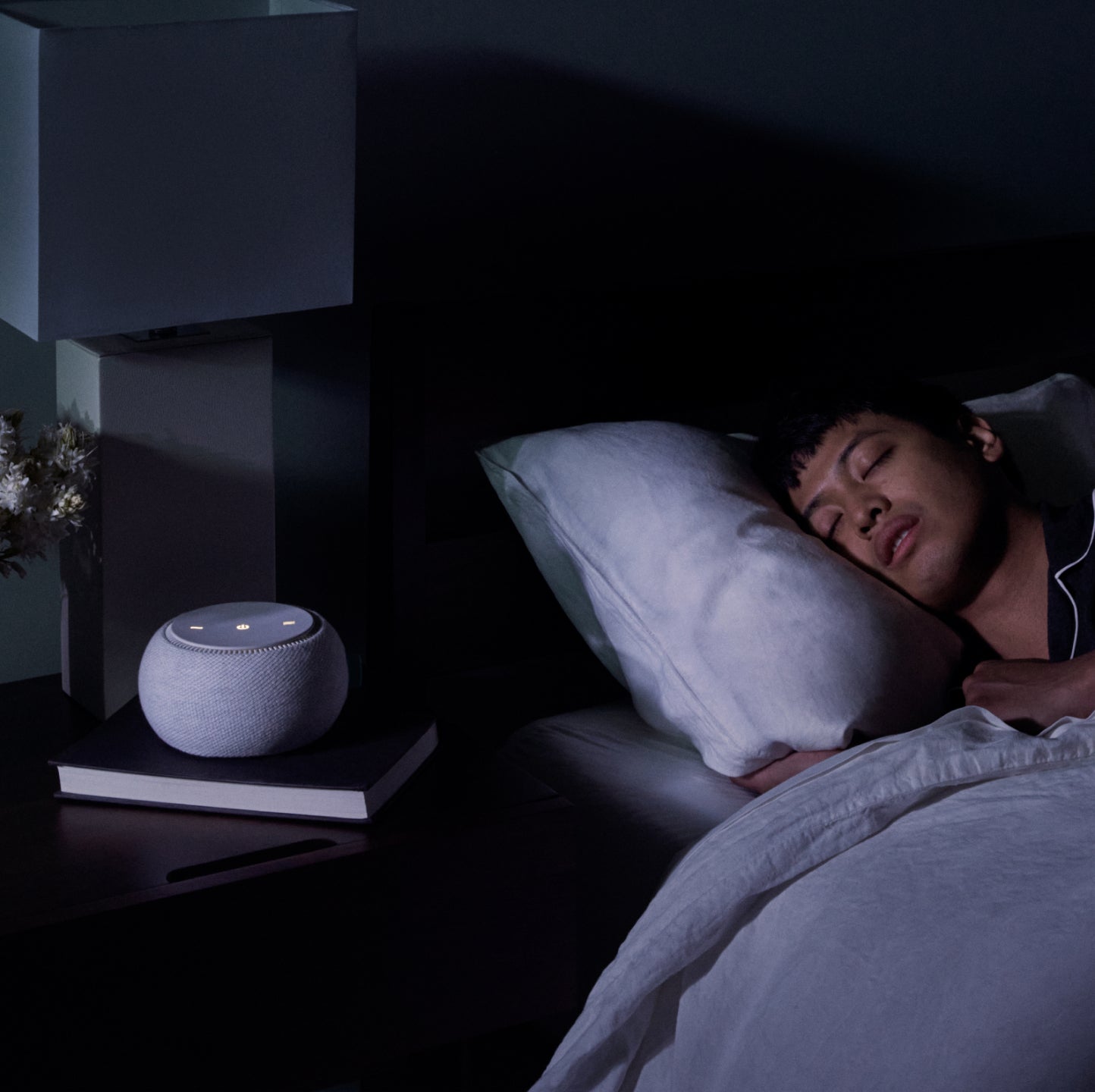
Bedroom Layout for Quiet Sleep
Position your bed away from shared walls, windows, and doors. Place the headboard on an interior wall if possible. Use wardrobes and bookcases as buffers. This strategic layout guide helps you find the quietest spot in your apartment for restorative sleep.
Quick Fix
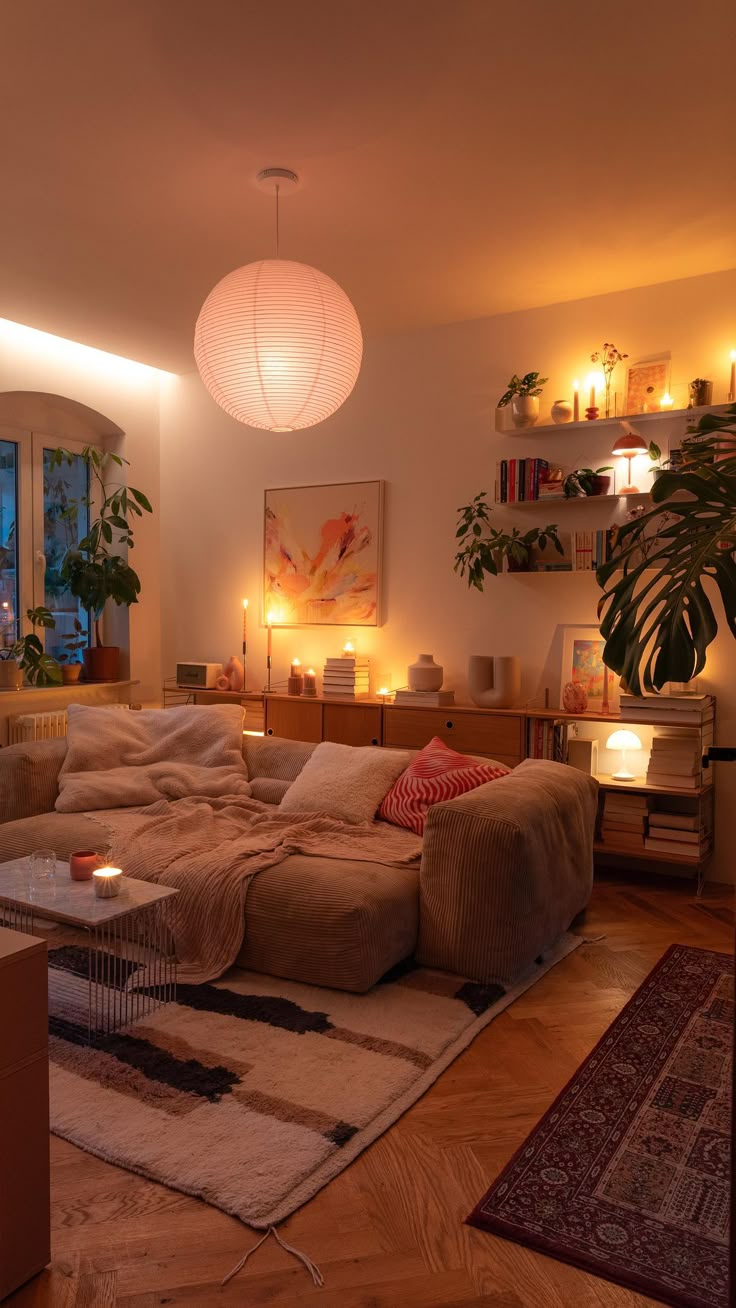
Room Zoning to Isolate Noise
Designate noisy activities to rooms farthest from bedrooms. Place home offices, entertainment centers, and kitchens away from sleeping areas. This zoning strategy minimizes how noise affects your daily life, especially in open-concept apartments.
Low-Cost
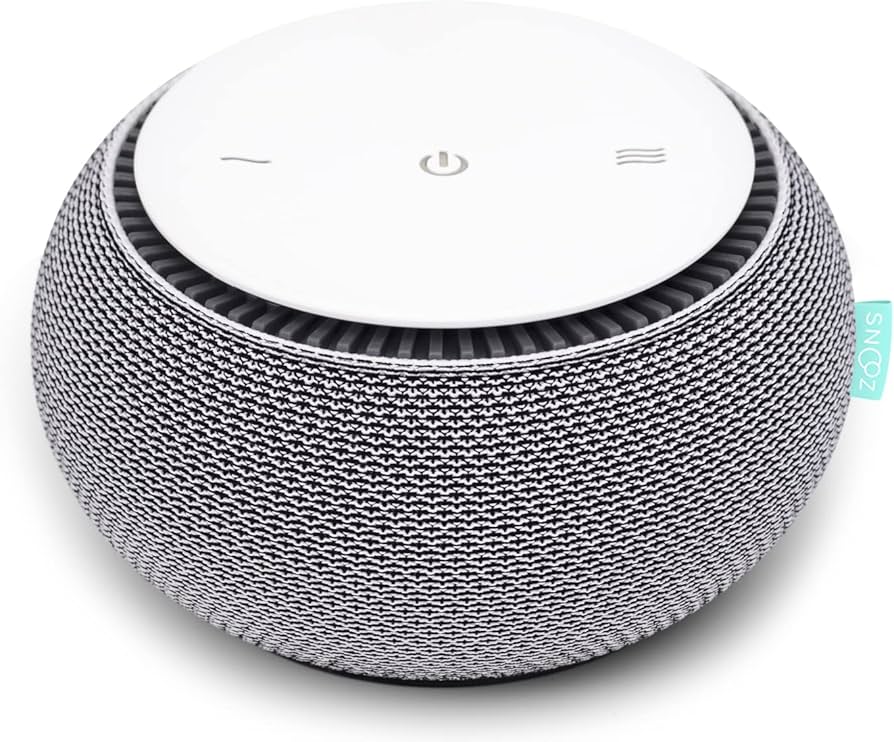
Best White Noise Machines for Apartments
Compare fan-based and digital white noise machines. Fan-based models create natural, consistent sound, while digital machines offer varied soundscapes. Learn which type works best for masking hallway chatter, upstairs footsteps, and street traffic.
Quick Fix
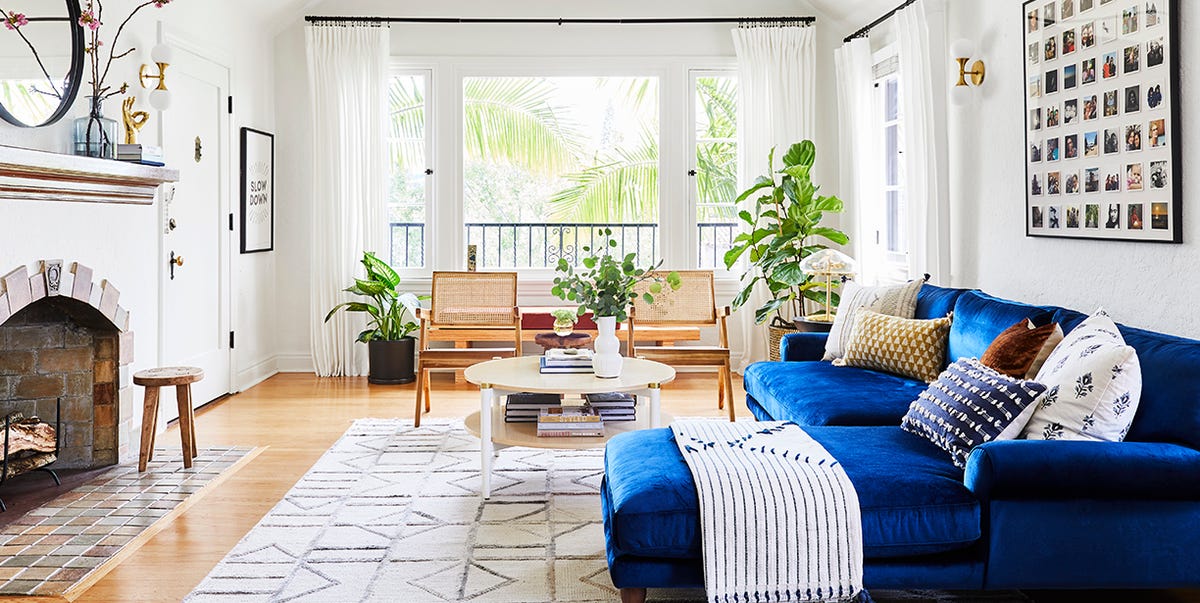
Strategic Fan Placement for Sound Masking
Position fans near noise sources or between you and the noise. The consistent hum masks irregular sounds like voices and footsteps. This guide covers fan types, placement angles, and optimal speed settings for maximum masking without becoming a distraction.
Low-Cost

White Noise Apps vs. Physical Machines
Apps are free and portable, but phone speakers lack depth. Physical machines produce richer, more consistent sound. This comparison helps you choose the right solution for your budget, sleep habits, and noise challenges.
Quick Fix
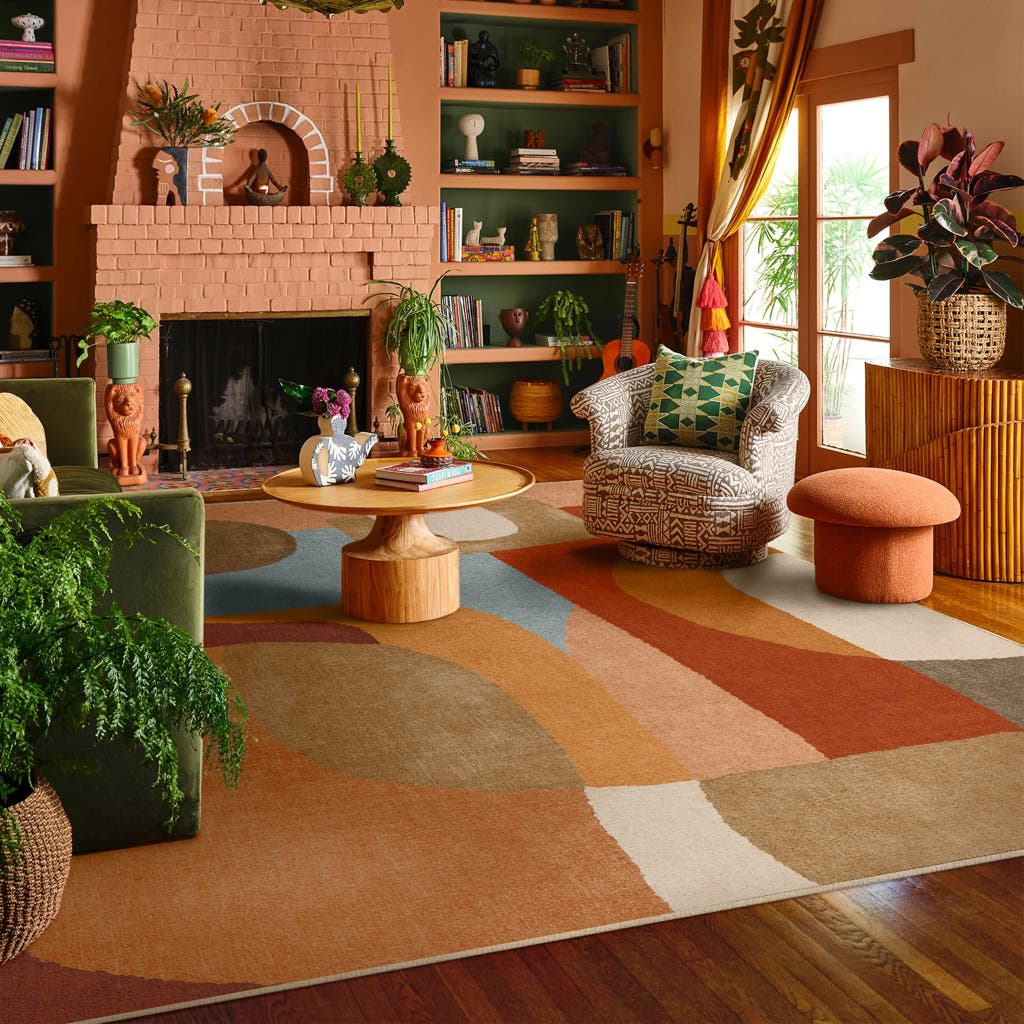
Establishing Quiet Routines
Create predictable quiet hours for yourself and communicate them to household members. Develop bedtime routines that signal wind-down time. Consistency helps train your brain to associate spaces and times with calm, improving sleep quality.
Courtesy

Furniture as Sound Barriers
Large, dense furniture blocks and absorbs sound. Position sofas, wardrobes, and bookcases between you and noise sources. Upholstered pieces work better than hard wood. This guide provides layout diagrams for common apartment floor plans.
Low-Cost

Choosing the Right Soundscape
White noise, pink noise, brown noise, rain, and ocean waves each mask different frequencies. Experiment to find what works for your specific noise issues and personal preferences. Includes recommendations for light sleepers and those with tinnitus.
Quick Fix







